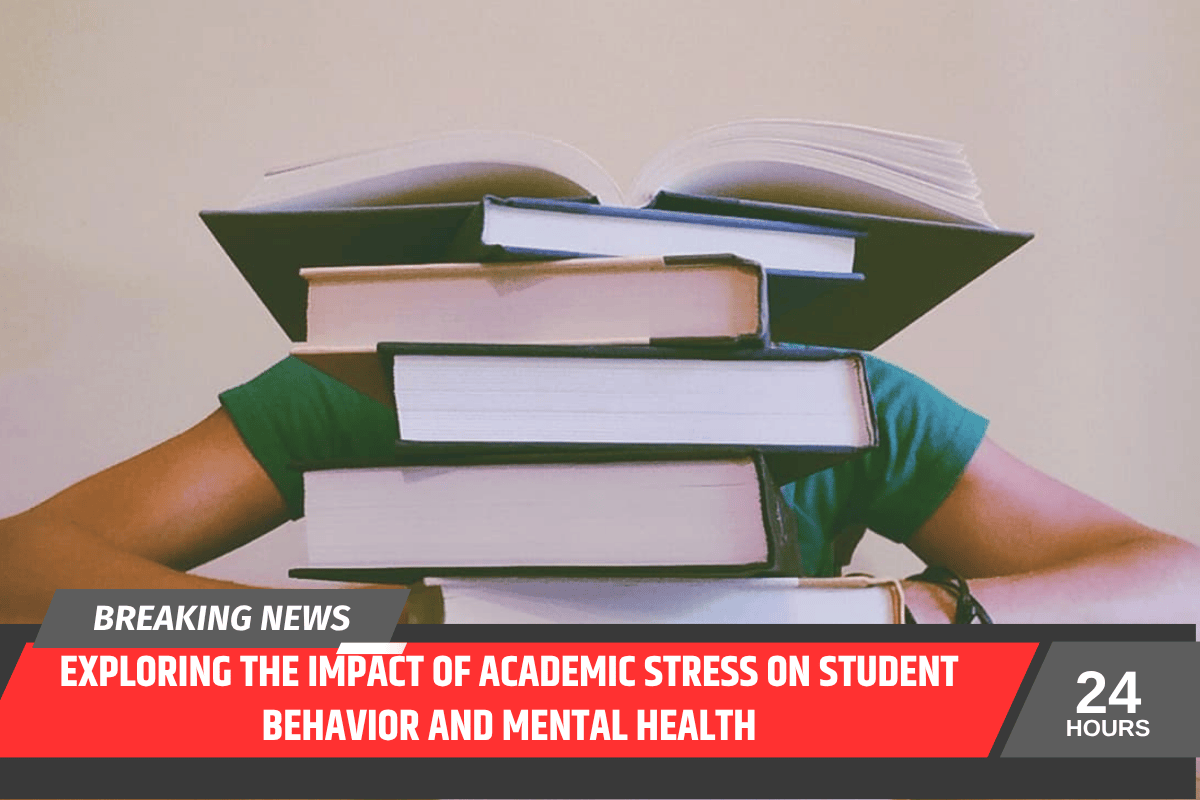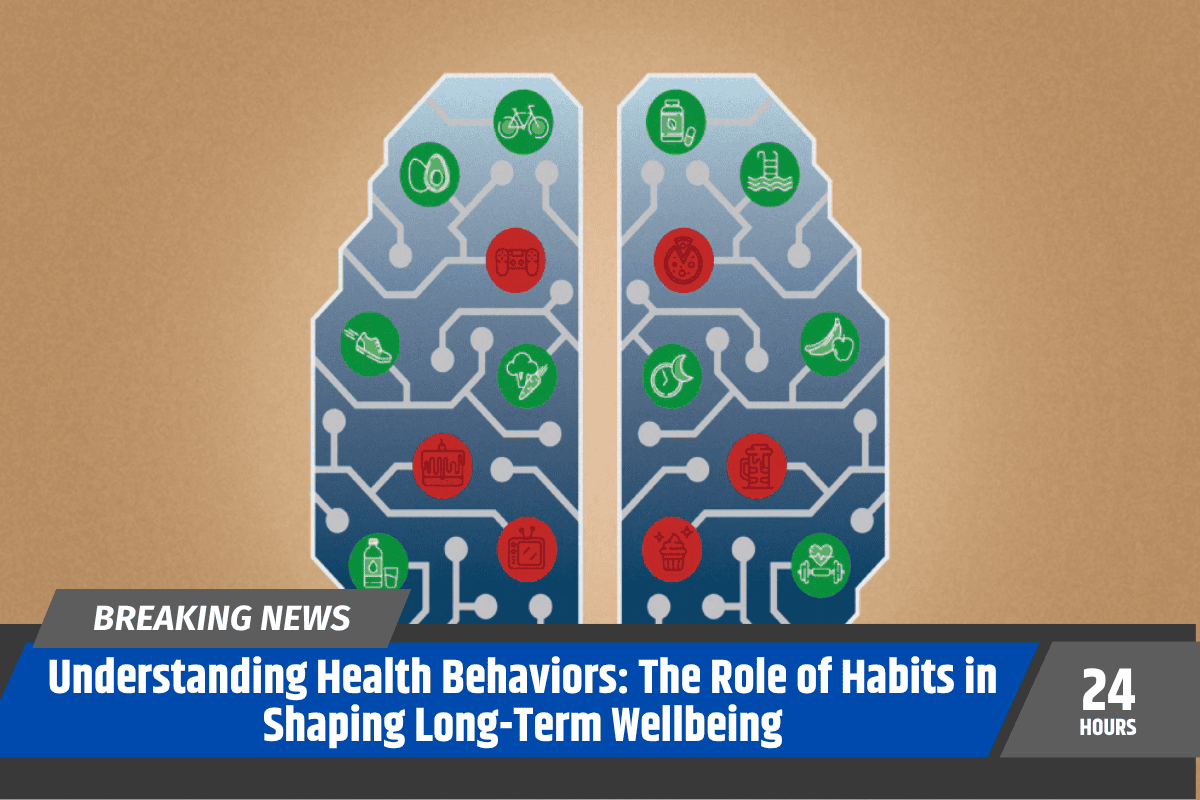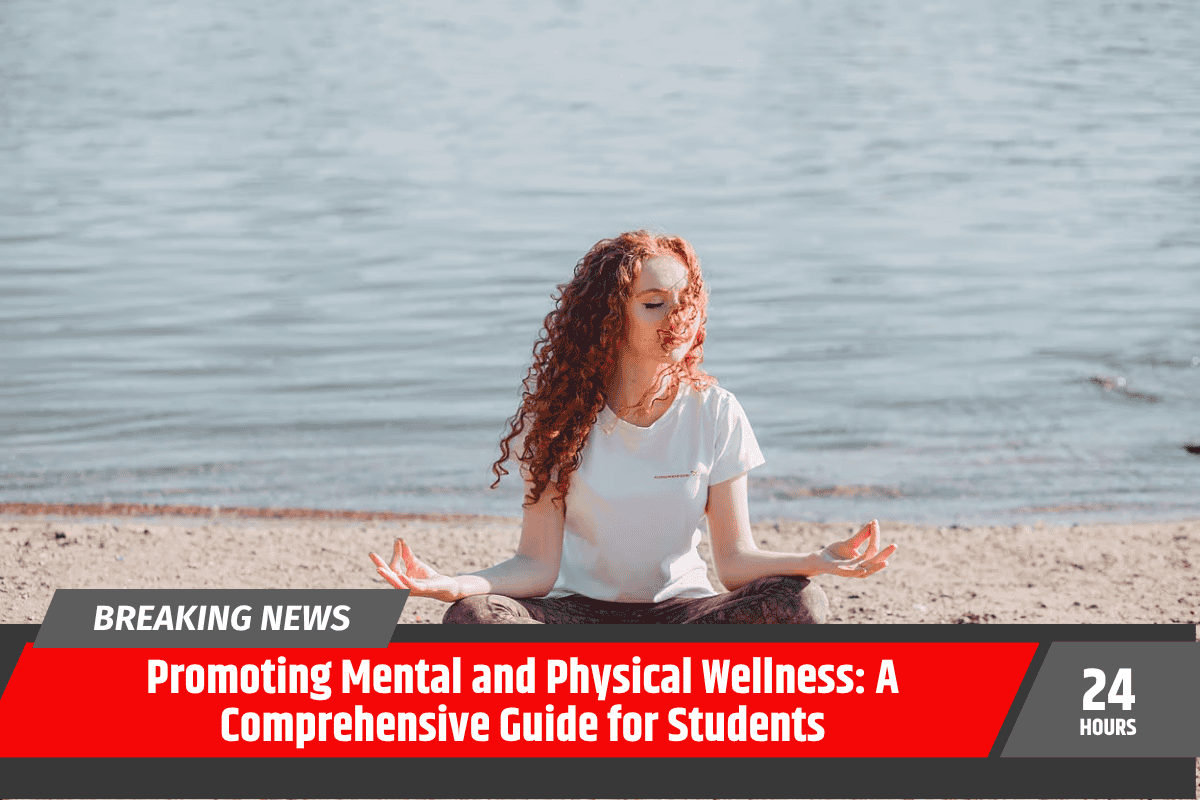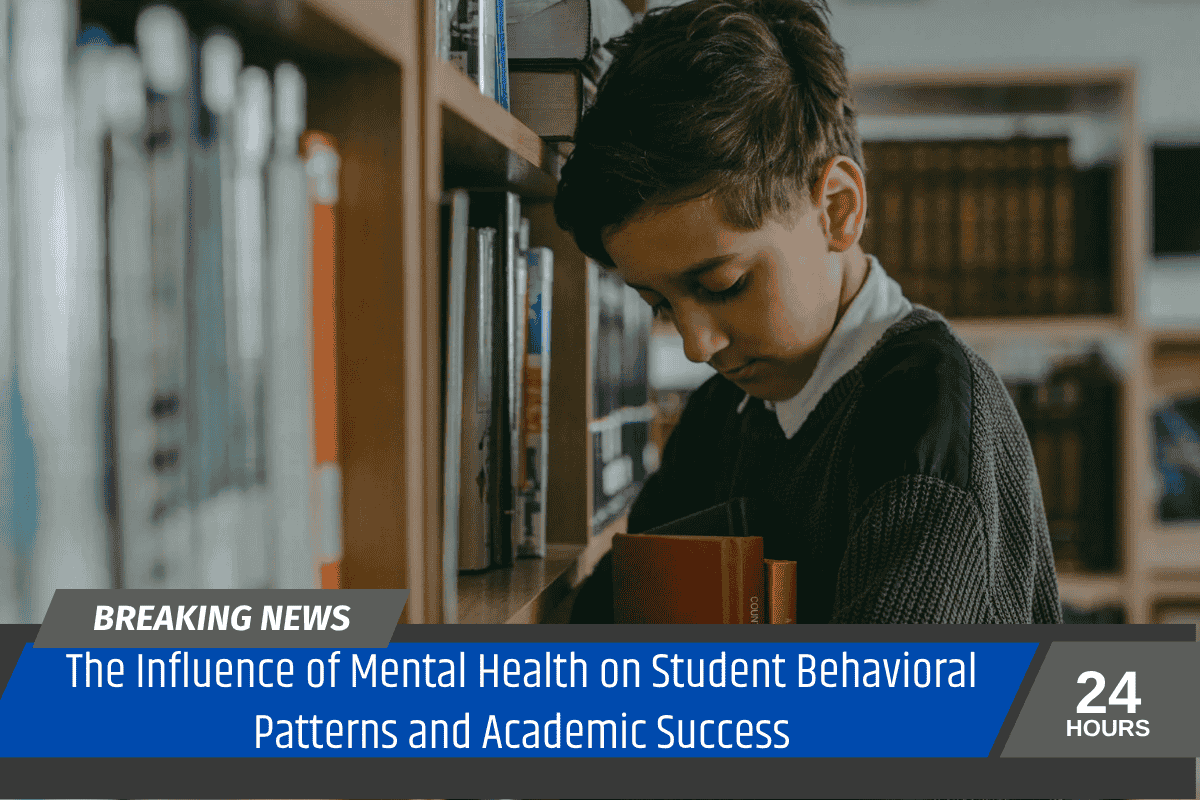Academic stress has become an unavoidable part of the student experience in today’s competitive educational environment. As students face an increasing number of assignments, exams, and academic expectations, the pressure to perform well often leads to significant stress, which can profoundly affect their behavior and mental health.
This article will explore how academic stress influences students’ emotional well-being, behavior, and overall mental health, while also highlighting ways to manage and mitigate these effects.
The Growing Pressure on Students
In recent years, the demands placed on students have only intensified. With the advent of standardized testing, a heavy reliance on grades, and an ever-increasing emphasis on extracurricular achievements, students often find themselves overwhelmed by expectations from parents, teachers, and society.
Academic stress arises from the fear of failure, the pressure to succeed, and the competition for scholarships and future opportunities.
For many students, this constant stress can lead to negative consequences that extend beyond the classroom. The pursuit of perfection can become an unhealthy obsession, causing students to experience significant emotional strain.
When stress becomes chronic, it can begin to affect their behavior and mental health in harmful ways.
Effects on Behavior
Stress can manifest in a variety of behavioral changes in students. Initially, students may exhibit signs of frustration or irritability. They may find it difficult to focus on tasks or may engage in avoidance behaviors, such as procrastination.
This can result in a cycle of stress and poor academic performance, which only compounds their feelings of anxiety and frustration.
In more extreme cases, academic stress can lead to changes in social behavior. Students under significant pressure may isolate themselves, withdrawing from their social circles and activities that they once enjoyed.
The overwhelming pressure can also cause students to experience mood swings, including anger and sadness. These emotional fluctuations can negatively affect relationships with peers, teachers, and family members.
Additionally, academic stress often results in unhealthy coping mechanisms. Some students turn to substance abuse, such as alcohol or drugs, to cope with the overwhelming pressure.
Others may develop disordered eating habits, such as binge eating or extreme dieting, as a way to regain control in an otherwise chaotic situation. Such behaviors can have long-lasting negative effects on both their mental and physical health.
Impact on Mental Health
Perhaps the most concerning consequence of academic stress is its impact on mental health. Students facing high levels of academic stress are at a greater risk of developing anxiety and depression.
Research has shown that prolonged exposure to stress can lead to the development of mental health disorders, as chronic stress can disrupt the balance of chemicals in the brain, leading to emotional instability and cognitive impairments.
Anxiety is one of the most common mental health issues that students face as a result of academic stress. The constant pressure to meet deadlines, perform well in exams, and maintain high grades can trigger feelings of worry, fear, and nervousness.
These feelings may evolve into generalized anxiety disorder, where students experience excessive and persistent worry about their academic performance and future prospects.
Depression is another mental health concern that can be exacerbated by academic stress. Students who feel overwhelmed by the demands of school may begin to lose interest in activities they once enjoyed and may experience feelings of hopelessness.
This can affect their self-esteem and sense of self-worth, leading to further emotional and psychological struggles.
Strategies for Managing Academic Stress
While academic stress is an inherent part of the student experience, there are several ways to manage and reduce its impact on behavior and mental health. The key to managing academic stress is developing healthy coping strategies and building resilience.
- Time Management: One of the most effective ways to reduce academic stress is by managing time efficiently. Students should prioritize tasks, break down assignments into manageable portions, and set realistic goals. This helps reduce feelings of overwhelm and allows students to approach their work in a structured and organized manner.
- Self-Care Practices: Incorporating self-care into daily routines is crucial for students to maintain their mental health. This includes getting regular exercise, eating nutritious meals, and ensuring sufficient sleep. Relaxation techniques, such as meditation and mindfulness, can also help alleviate stress and improve overall well-being.
- Seeking Support: Students should not hesitate to seek support when feeling overwhelmed. Talking to friends, family members, or counselors can help them navigate the challenges they face. Many schools offer counseling services to help students cope with academic stress, providing a safe space to discuss their concerns.
- Setting Realistic Expectations: Students should aim for personal growth and learning rather than perfection. Setting realistic goals and acknowledging that setbacks are a part of the learning process can help students manage their stress in a healthier way. Understanding that academic success is not the only measure of their worth can help reduce feelings of inadequacy and pressure.
Academic stress is an undeniable part of the educational experience, but its impact on student behavior and mental health cannot be ignored. The pressures of maintaining high academic standards, meeting deadlines, and securing future opportunities can lead to negative emotional and behavioral consequences.
However, by adopting effective time management techniques, practicing self-care, seeking support, and setting realistic expectations, students can reduce the negative effects of academic stress and foster a healthier balance between academic success and mental well-being.






